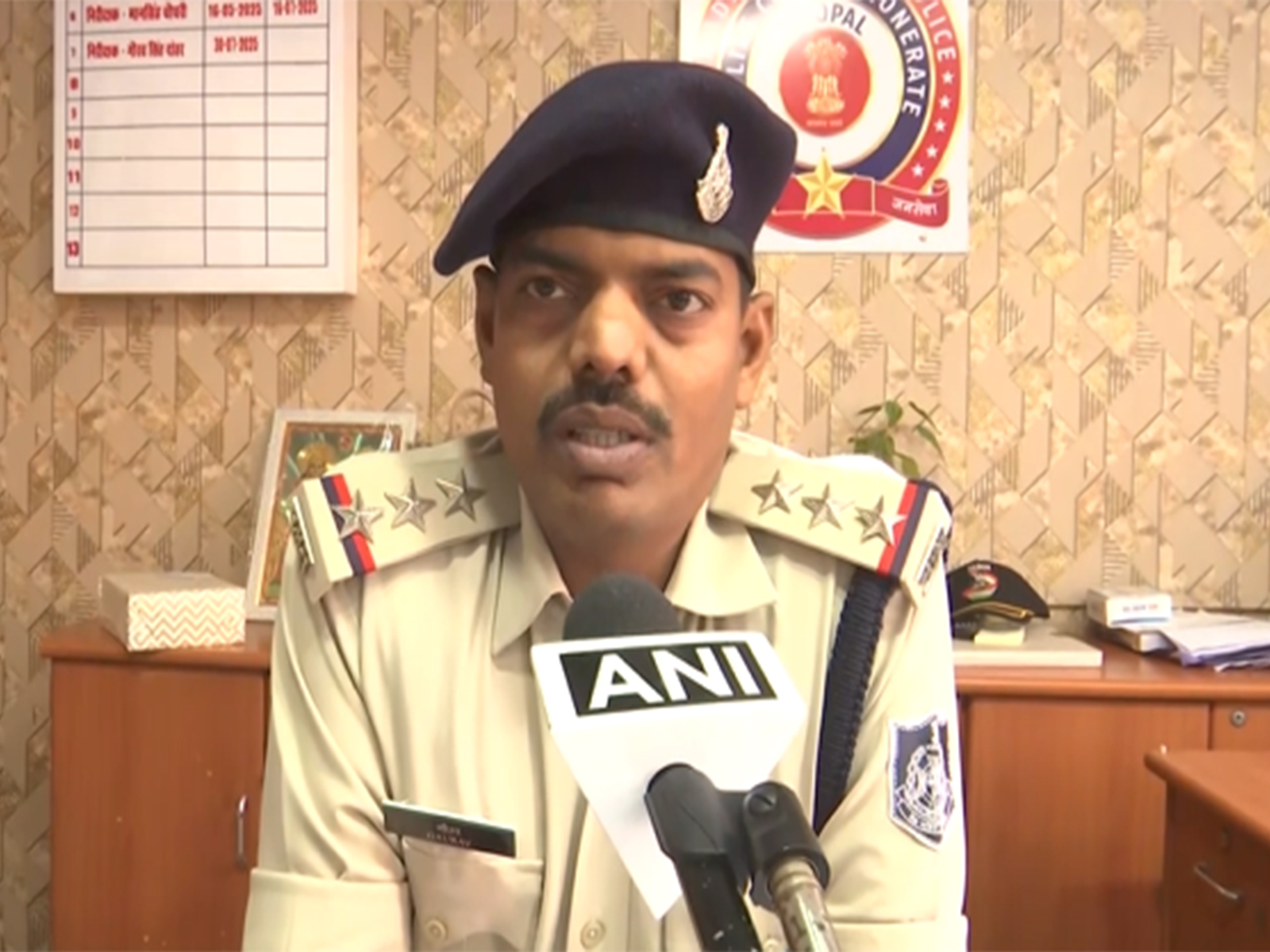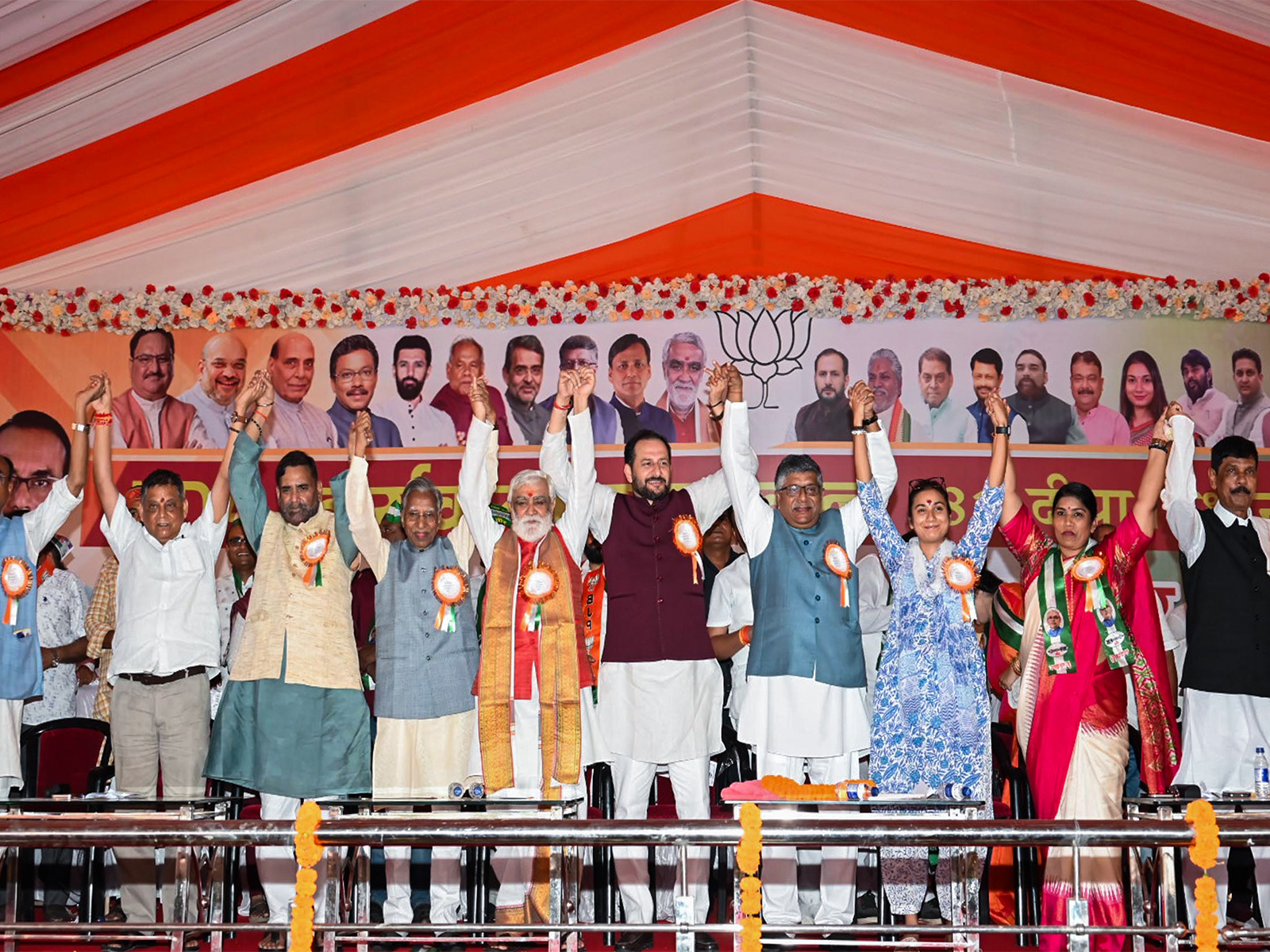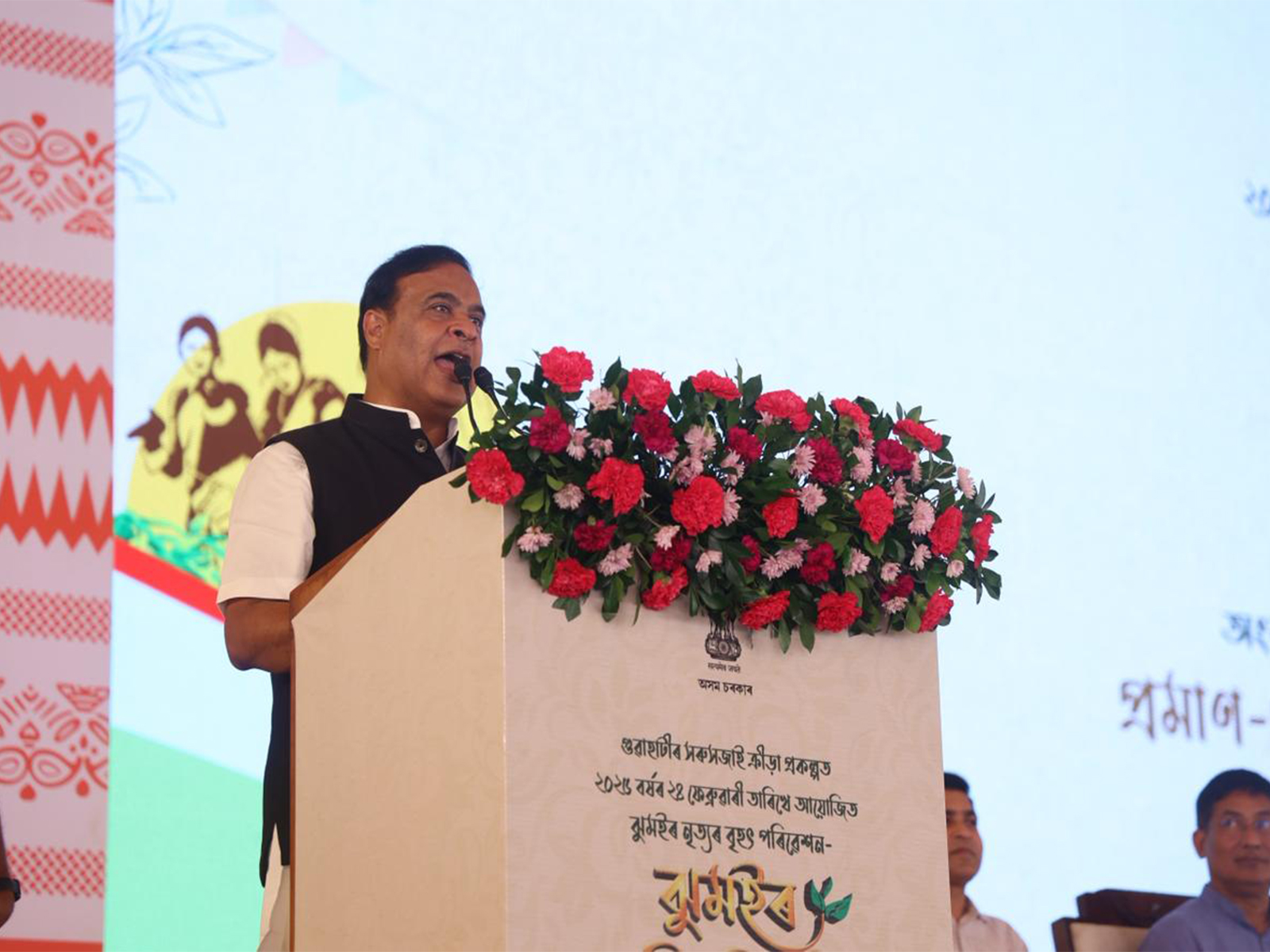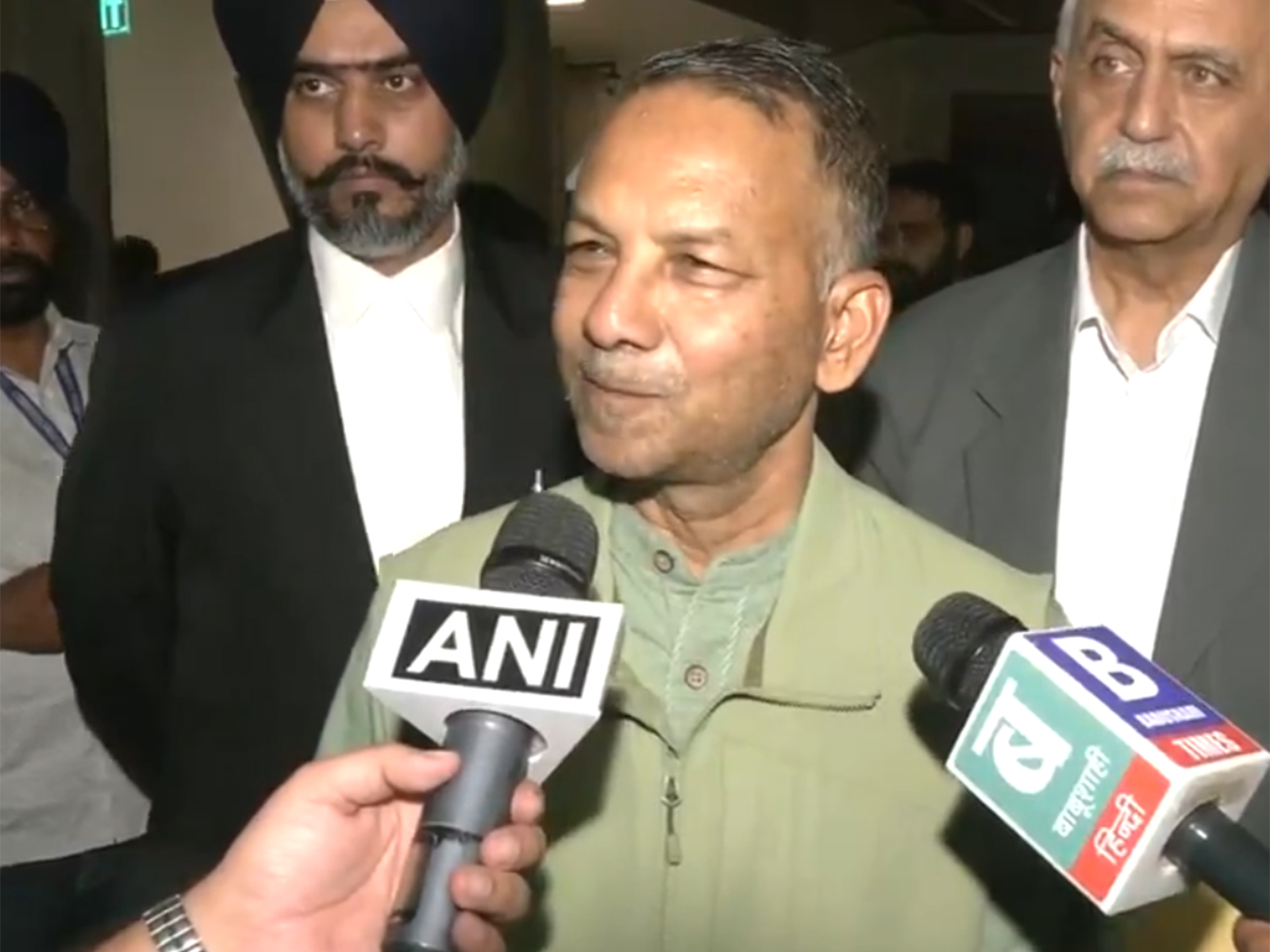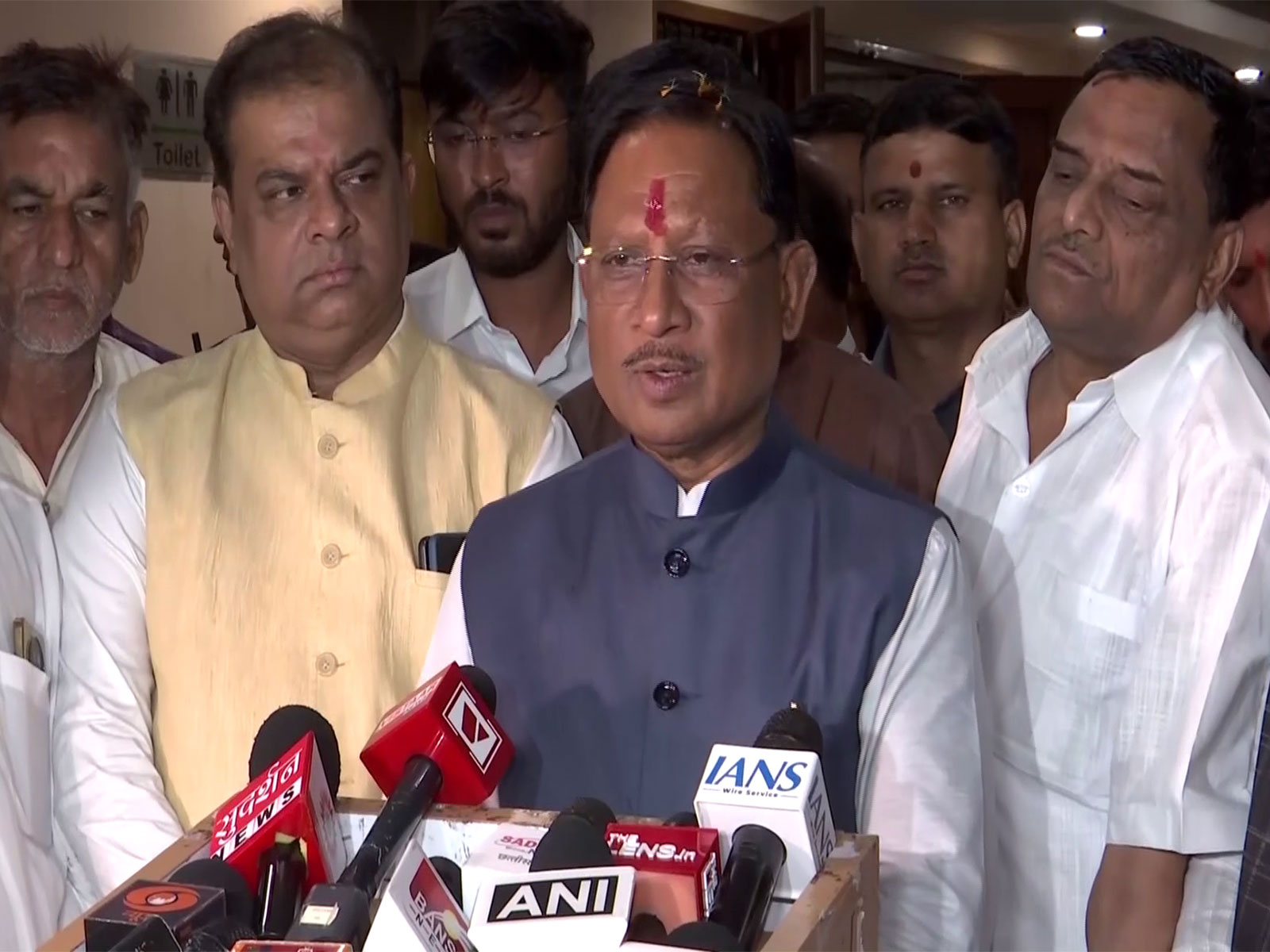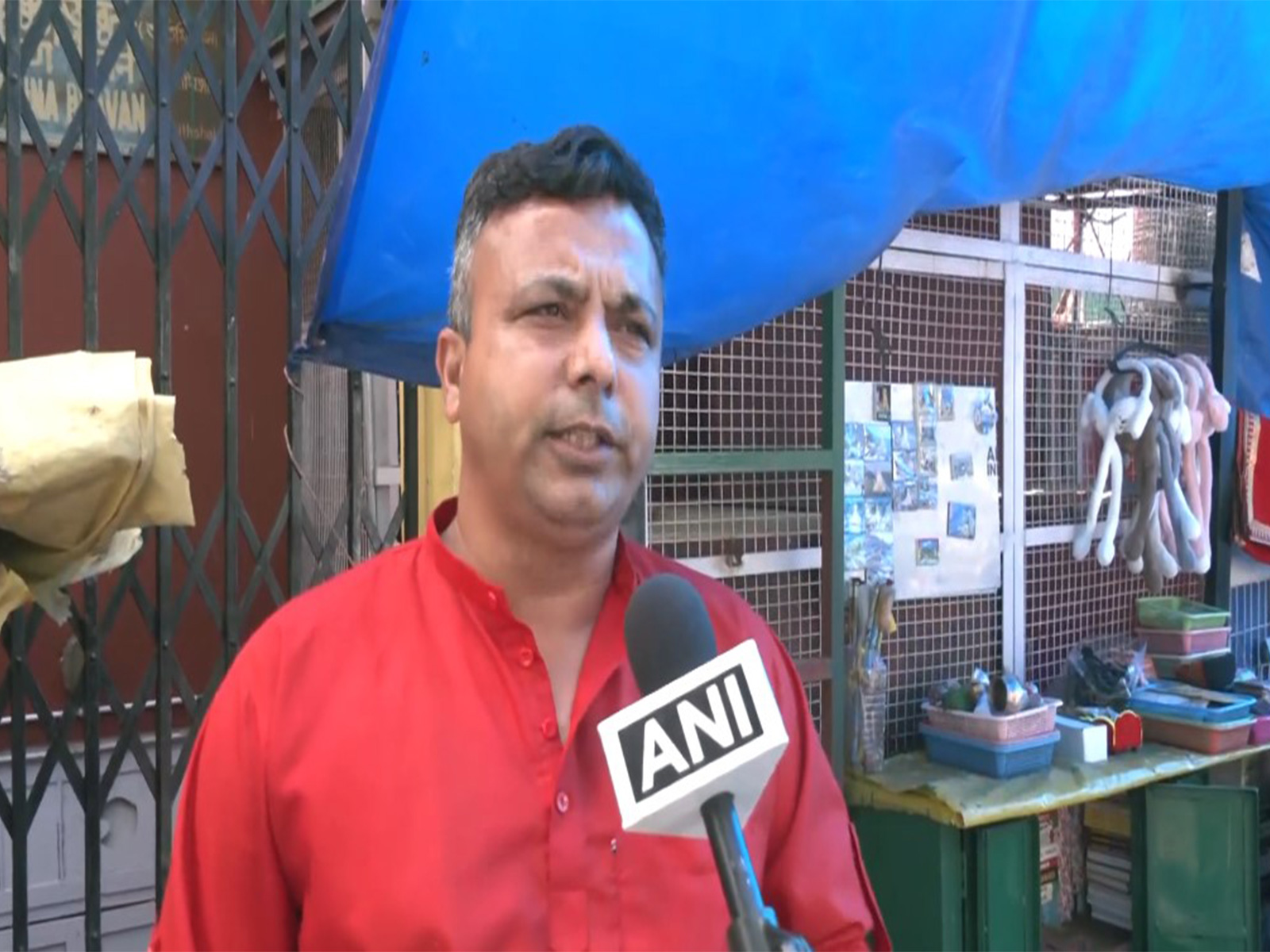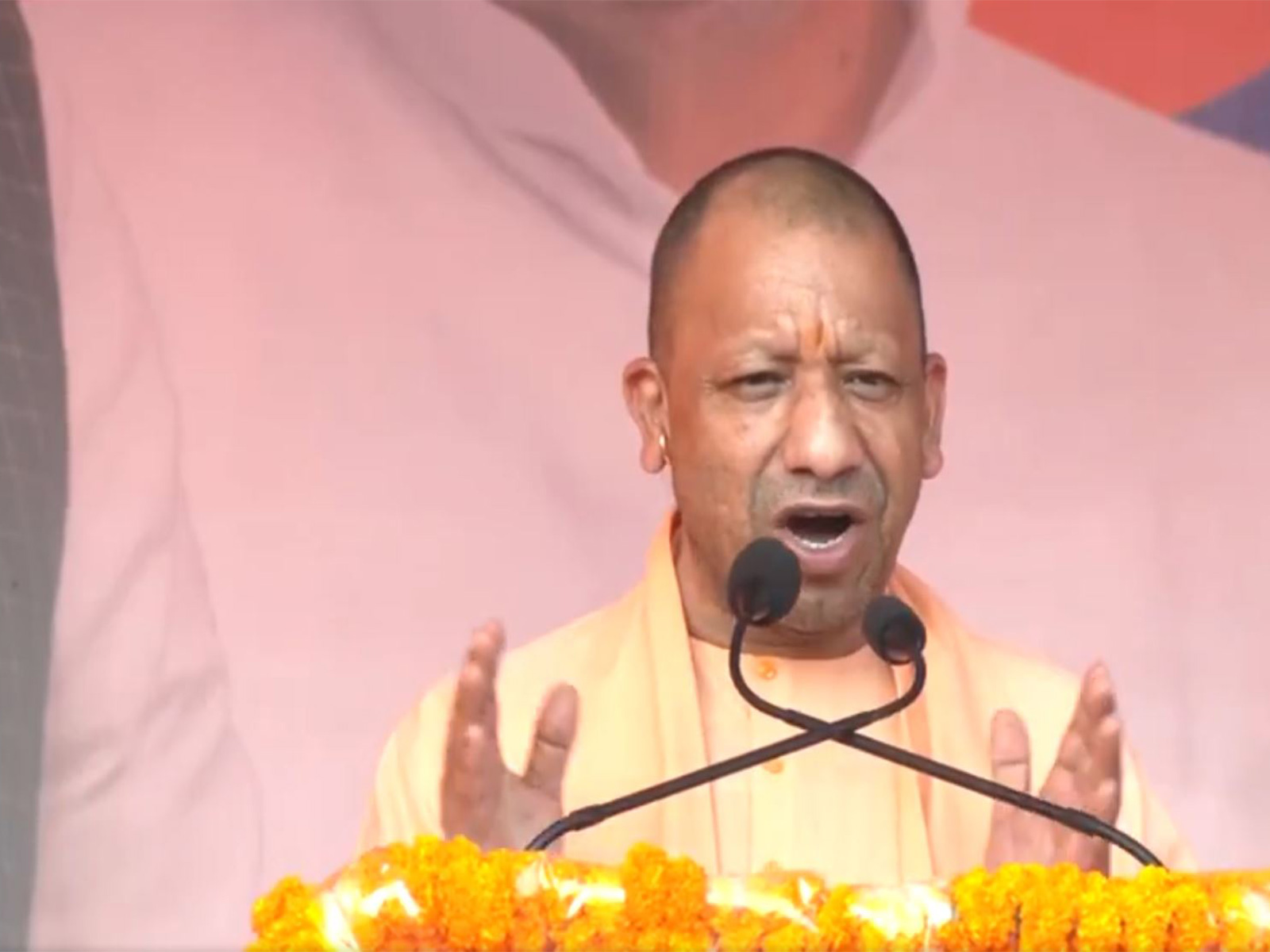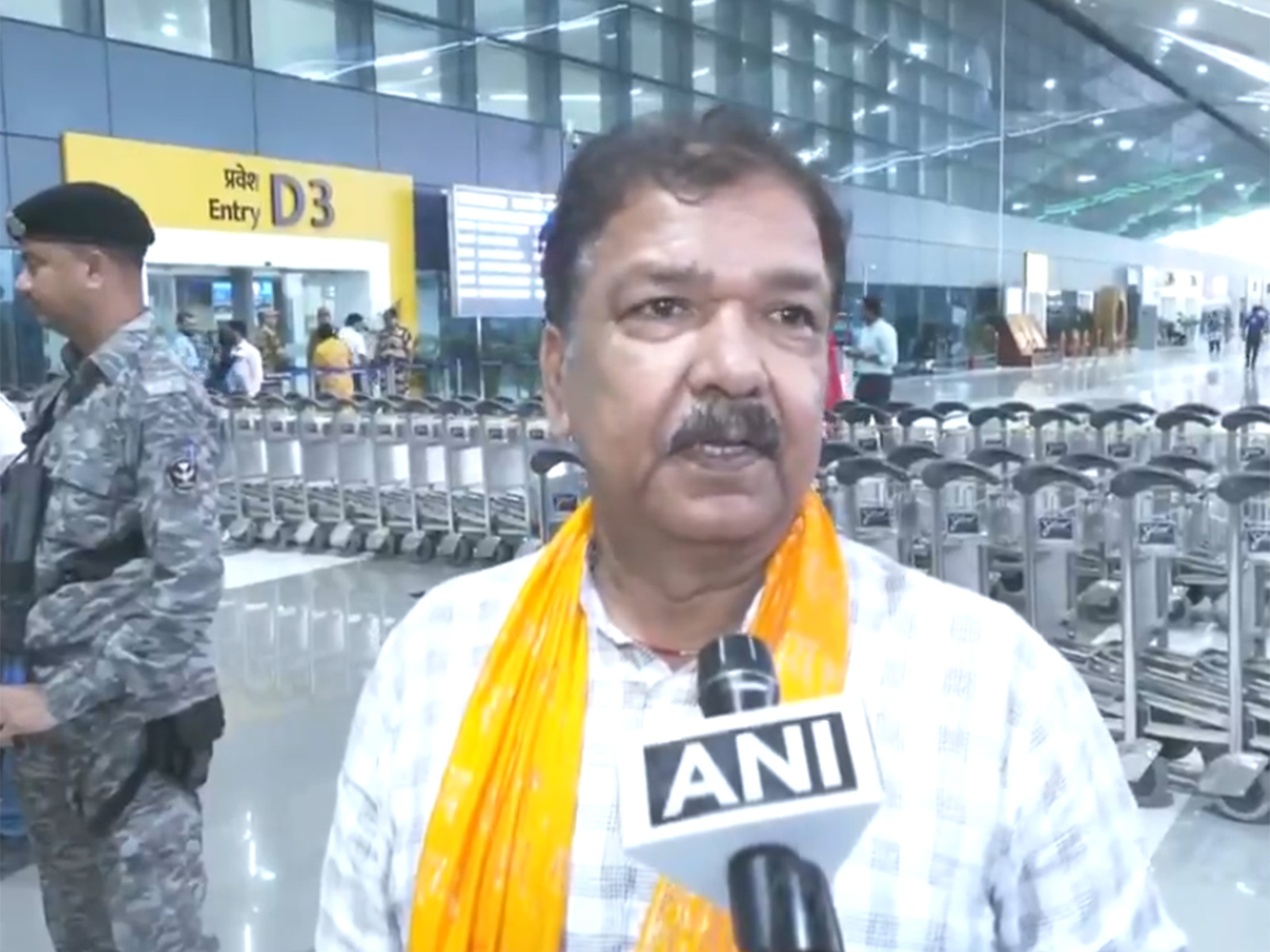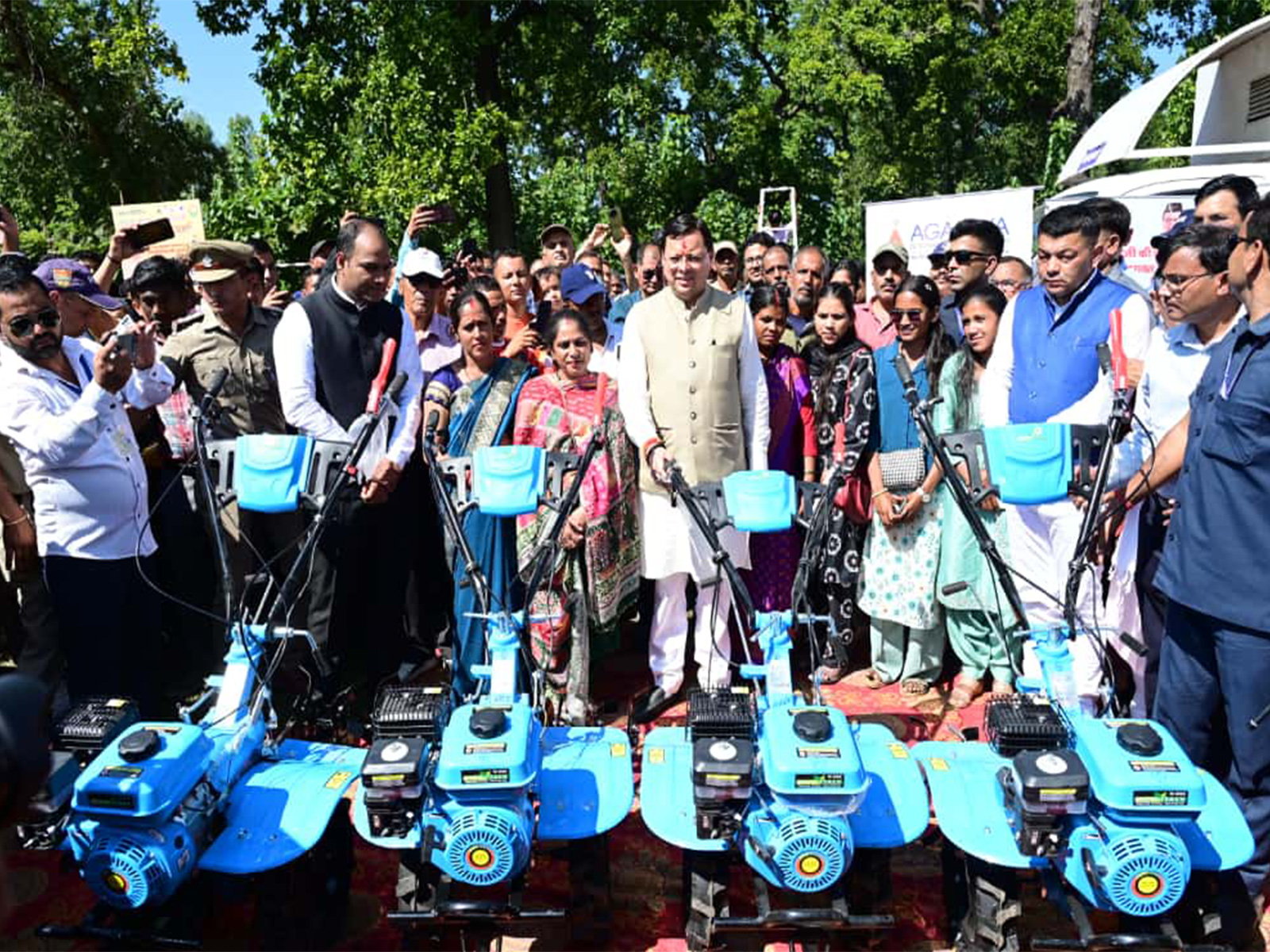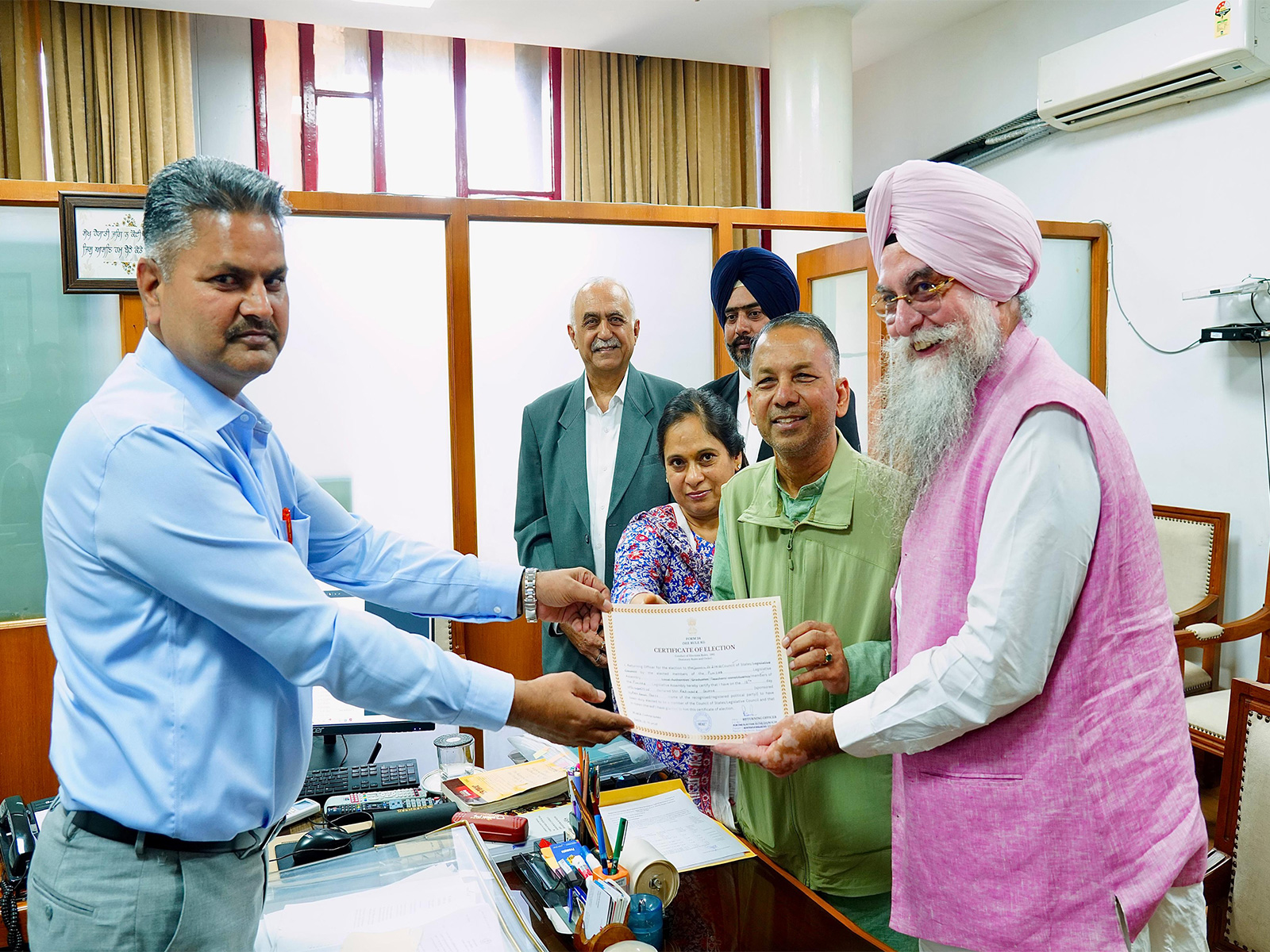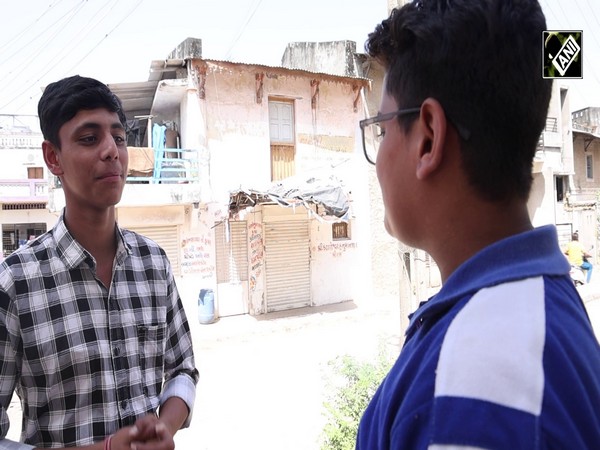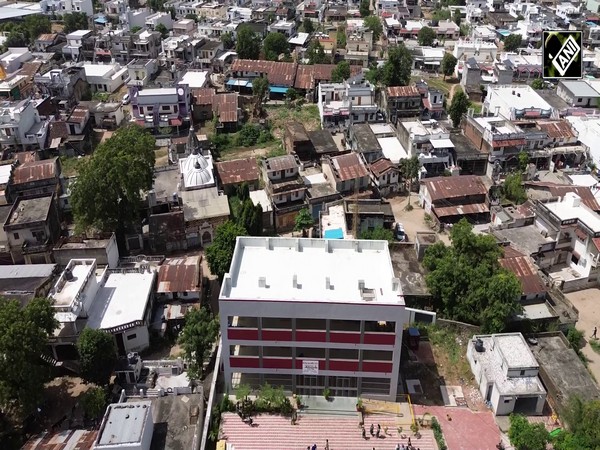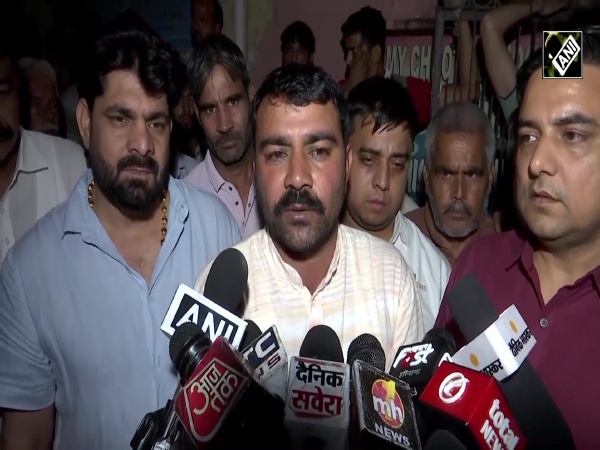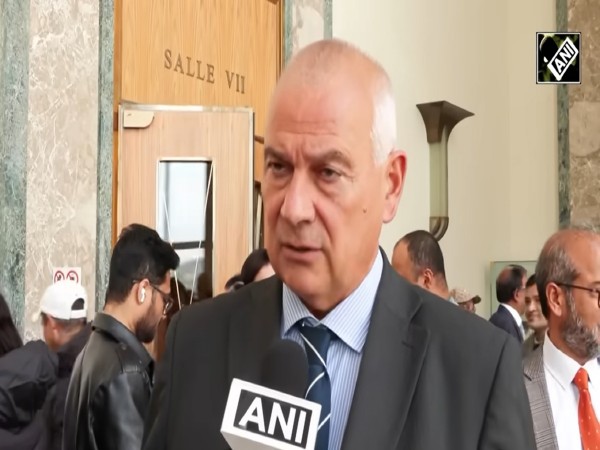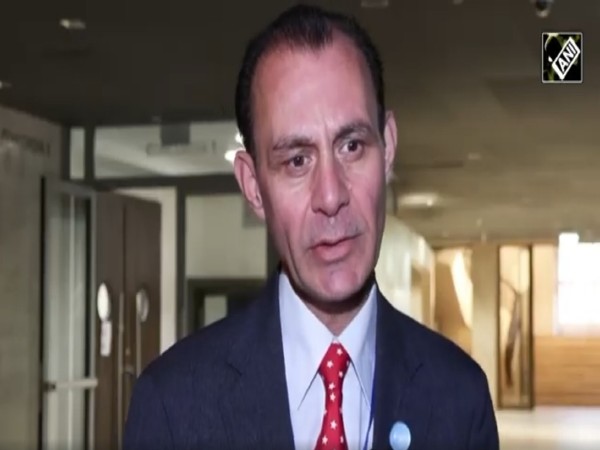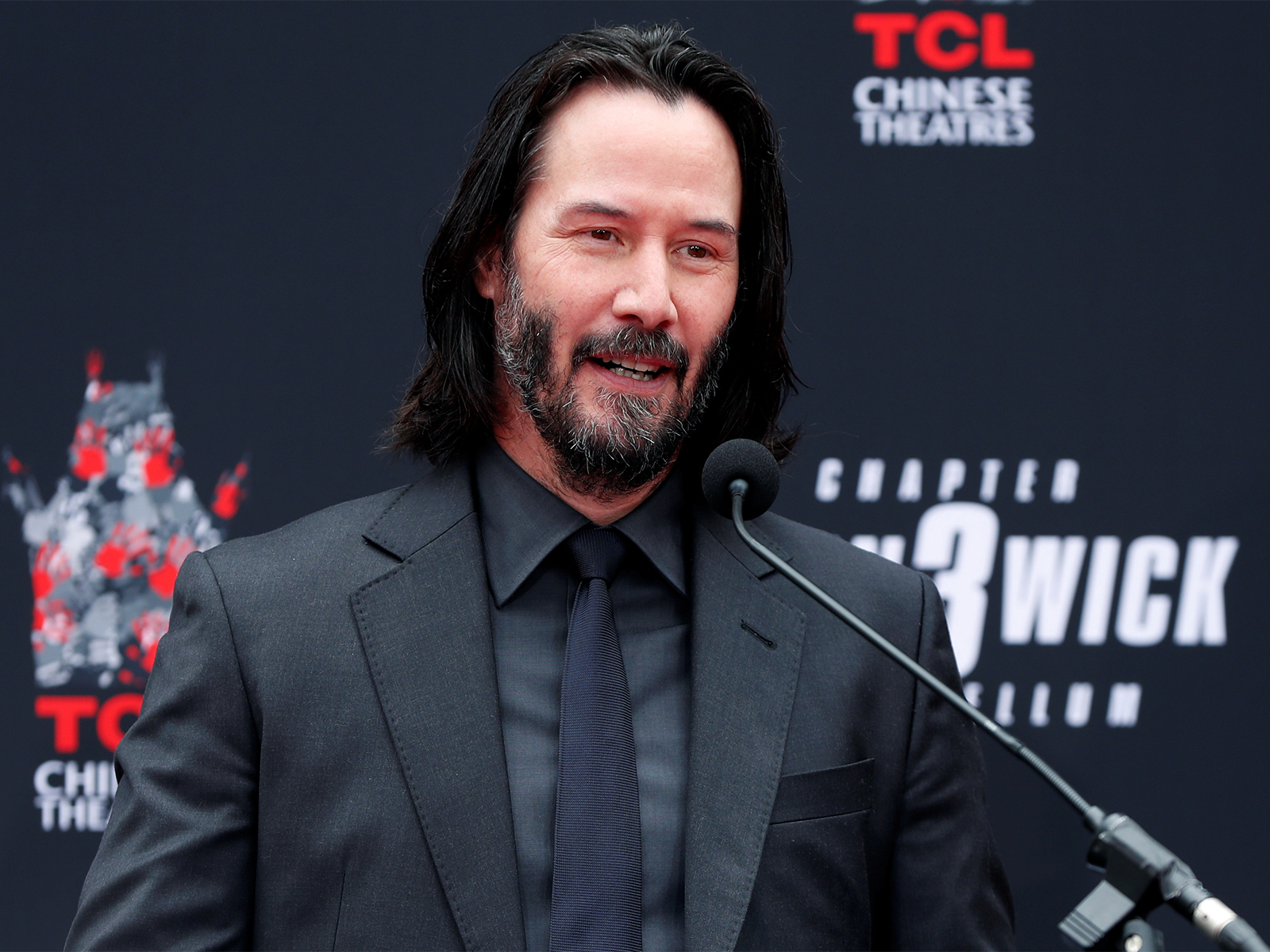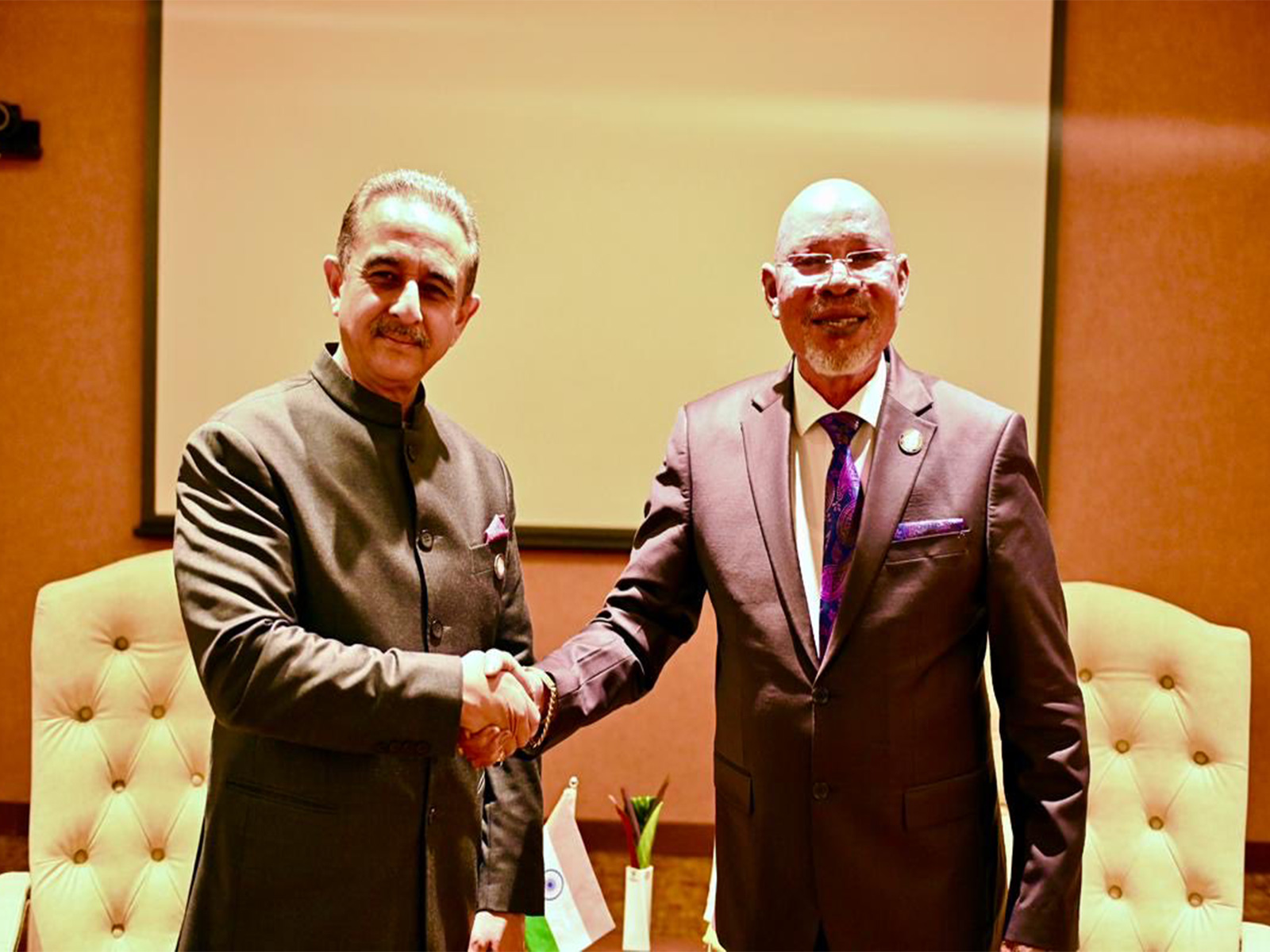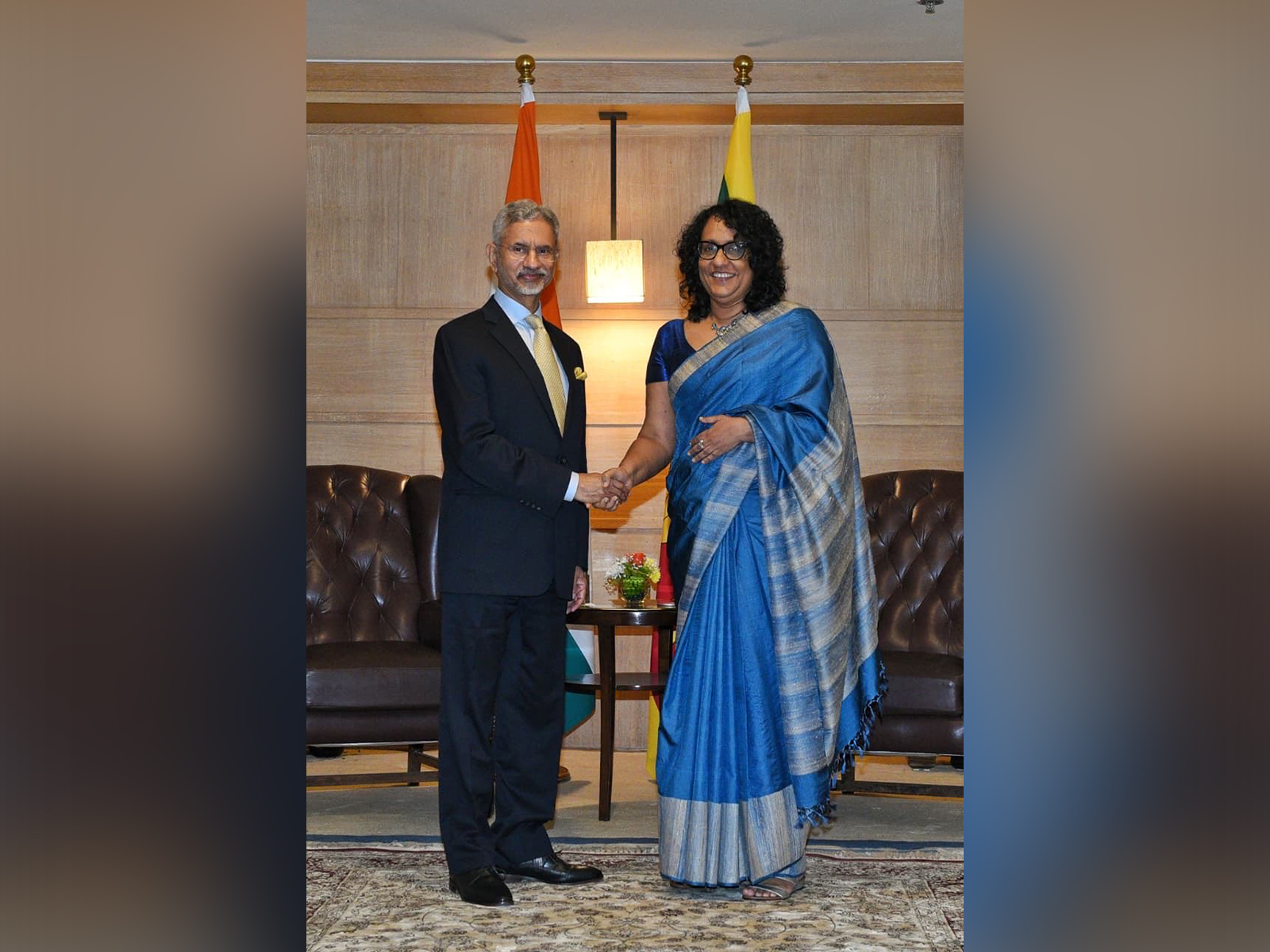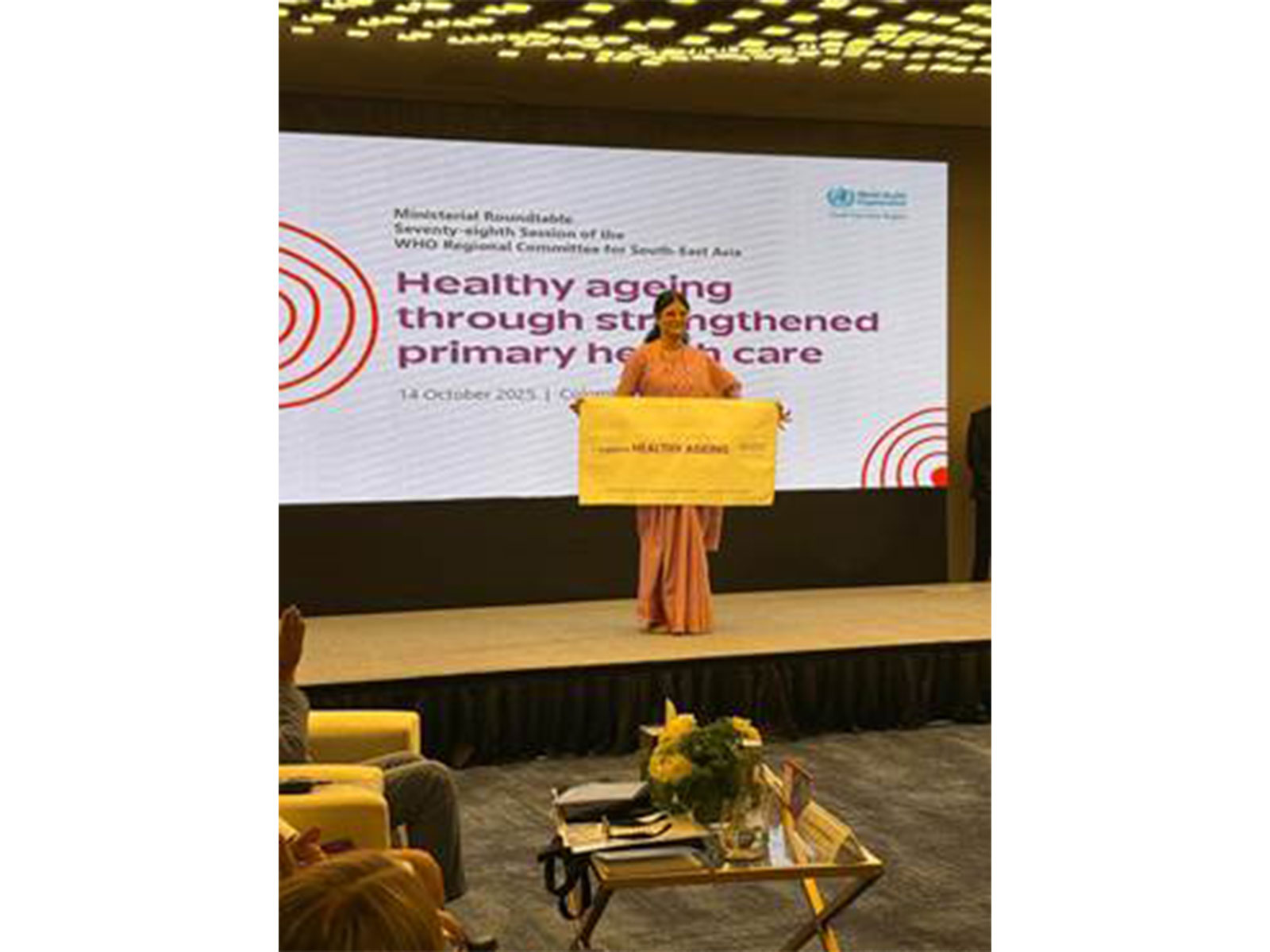
India renews commitment to healthy ageing at 78th session of WHO Regional Committee of South-East Asia
Oct 16, 2025
New Delhi [India], October 16 : Anupriya Singh Patel, Union Minister of State for Health and Family Welfare, represented India at the Ministerial Roundtable of the 78th Session of the WHO Regional Committee for South-East Asia, held in Colombo from October 13 to 15, 2025.
During the Ministerial Meeting, the deliberations were centred around the theme "Healthy Ageing through strengthened primary health care."
According to a release by the Ministry of Health and Family Welfare, India reaffirmed its commitment to promoting Healthy Ageing through strengthened Primary Healthcare, based on a comprehensive and people-centric system for the elderly.
Patel highlighted that, with 153 million citizens aged 60 years and above, India is undergoing a major demographic transition. To ensure that the elderly receive equitable, accessible, and affordable healthcare services tailored to their needs, the Government of India has taken several important measures. 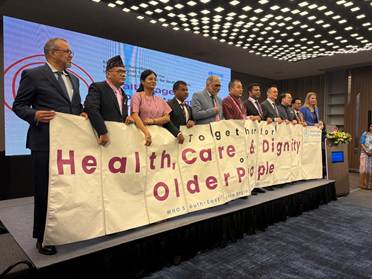
The National Programme for Healthcare of the Elderly (NPHCE), now operational in 92% of districts, forms the cornerstone of India's efforts to deliver preventive, promotive, curative, and rehabilitative services for senior citizens through a primary healthcare approach. The programme integrates home, community and facility-based interventions, along with structured caregiver training to enable dignified ageing within families and communities.
Further strengthening the financial protection of the elderly population, the Ayushman Bharat's Pradhan Mantri Jan Arogya Yojana (AB-PMJAY) has been expanded to cover all citizens aged 70 years and above, regardless of their income. This will benefit nearly 60 million elderly persons across 45 million families, providing cashless hospital care of up to ₹5 lakh per family per year in both public and empanelled private hospitals.
The Union Minister also highlighted the establishment of the two National Centres of Ageing (NCAs) - one at All India Institute of Medical Sciences, New Delhi, and another at Madras Medical College, Chennai and 17 Regional Geriatric Centres established across the country, serving as hubs for clinical excellence, capacity building, research, and policy guidance.
In addition, during the recent campaign 'Swasth Nari, Sashakt Parivar Abhiyaan' which translates to "Healthy Women, Empowered Families' millions of elderly individuals, particularly elderly women, have been screened for non-communicable and age-related conditions such as hypertension, diabetes and cancers.
At the regional roundtable, India called for enhanced regional cooperation among WHO South-East Asia member states to strengthen the integration of Primary Health Care and Long-Term Care (PHC-LTC). India proposed three key areas of collaboration:
Establishing a regional platform for knowledge sharing and innovation on PHC-LTC integration; investing in capacity building and training programmes for the geriatric and caregiving workforce across countries; and promoting technological innovations and health solutions that support independent and dignified living for older adults.
Reaffirming India's alignment with the UN Decade of Healthy Ageing (2021-2030), the Union Minister emphasised that ageing must be viewed as an opportunity for inclusive growth and social transformation.
"Guided by the vision of the Hon'ble Prime Minister 'Sabka Saath, Sabka Vikas, Sabka Vishwas, Sabka Prayas', India remains committed to ensuring that every stage of life, including old age, is lived with dignity, security and care," she stated.
